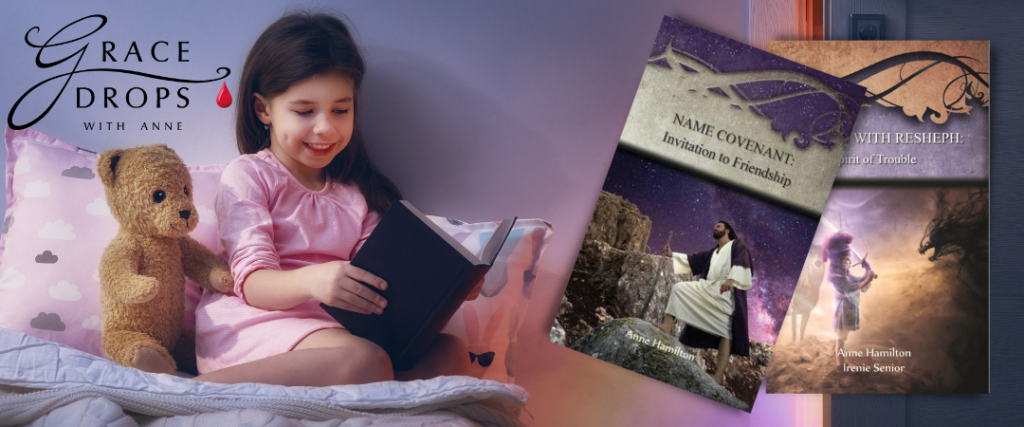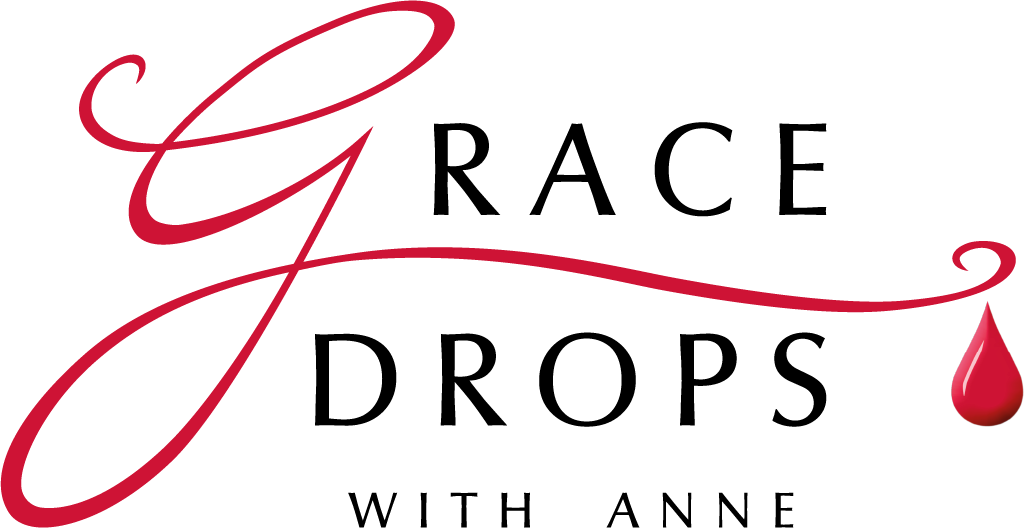At the end of the nineteenth century, there was still a reasonable awareness that more than one kind of covenant existed. As that knowledge began to wane, Henry Clay Trumbull collected together a treasure trove of cultural examples that displayed contemporary practices from around the world. He wrote one book on blood covenant, one on salt covenant and one on threshold covenant. He also promised at various times to write a book on name covenants. As far as I can tell, his intention in that regard was never fulfilled. So, I did one myself. This does not exhaust the possibilities: there is also a covenant of peace mentioned in Scripture.
Despite Trumbull’s sterling efforts, by the time the twentieth century was in full swing, the knowledge of these different kinds of covenants—threshold, in particular—faded into virtual oblivion. And even though people had heard of a salt covenant, they didn’t know how it was enacted or what it signified. All that remained in Christian consciousness was blood covenant—and, even there, any true understanding of its nature was deeply compromised by the tendency to see it as a sacred contract rather than as oneness with the Messiah Himself.
How did a concept as momentous as covenant descend into this abyss of ignorance? Unfortunately, it was a side effect of the Great Awakening of the early nineteenth century. As tremendous as the blessing was from those waves of revival, there were also profound negatives that still influence us today. Many evangelists railed against local clergy as lukewarm and hypocritical. Rather than promote reform from within, they encouraged believers newly ‘born from above’ to break covenant with their local church. Now, of course, the breaking of covenants meant the rupture of community and, once that became commonplace, rugged individualism increasingly became an ideal. In addition, of course, within a generation, covenant itself was no longer an integral feature of church membership—nor was it understood as it had once been. Today’s ‘church membership covenants’ are generally a mechanism of control. They constitute a pale and shadowy travesty of the mutual obligations and sacrificial oneness in their Scriptural counterparts.
Back in session 33, I noted that there are different kinds of oneness. Oneness isn’t a static fusion, without possibility for growth or change. It’s dynamic in nature, deepening, maturing, ripening.
Now I believe—at least at the present time—that the following progression is the way the various covenants are to be understood. I am not sure about the nuancing and sequencing at some points but, overall, I believe it to accurately reflect the different onenesses of these covenants. There are seven stages and the first is prior to any covenant.
(1) No covenant: Creature
(2) Blood covenant: Child of God
(3) Name Covenant: Companion, friend of God
(4) Threshold Covenant: Collaborator, colleague
(5) Salt covenant: Councillor of God
(6) Peace covenant: Co-ruler (judge) with God
(7) Bridal covenant: Consort of God
This is Grace Drops and I’m Anne Hamilton. May you deepen in oneness with Jesus Christ today.
Thank you to Lorna Skinner of www.riversofmusic.co.uk for the background music.

Covenant is at the heart of the Christian faith. It’s necessary to understand it in order to understand what can go wrong with it and how covenant violation affects our ability to come into our life’s calling. Name Covenant: Invitation to Friendship is part of the Strategies for the Threshold series.


If we know that we have entered into blood covenant with Jesus, how do we recognize when we have moved to another covenant level?
Hi Jessie – when God starts to talk to us about a new name. It is always a name that is a variation on your already existing one or a revival of a family name.
I love the pomegranate flower buds!
I remember growing up, people always had difficulty properly pronouncing my name. My name would be continually mispronounced or I would be given a nickname that was easier to pronounce. I actually remember even my genuine nickname, the one I identified myself with growing up, being mispronounced. It bothered me, because I always felt like the name I was given was a mistake. I secretely wished I had a more “common” name that would be easier for everybody else to say. But then came a point when I began to resent others for not actually taking the time to want to properly learn how to say my name. Why should I be the one to adapt to them and not the other way around? At times, however, I also remember not using my real name, and instead just giving my “common” nickname because I felt like the person asking was not genuinely interested in knowing me. Why should they now my real name then? Why should I somehow become “vulnerable” by using my real name? It wasn’t until probably a couple of years ago that I made the decision to not allow other names to be given to me, and to use my true name when introducing myself. I still struggle when having to say my name in English (which is not my native language but the first language used where I currently live, although Spanish is almost an official second language around these parts). All this introduction to ask…could it be that my authentic name, the one I was given to me at birth and Baptism, is the one that was made for threshold covenant? Or have I just properly arrived to the prior step, the name covenant? Thank you.
Sometimes it happens that we are given the perfectly right name by our parents – but there is a part of it that God wants to emphasise more strongly when it comes to name covenant. Gideon is the example that comes to mind. It means an axeman. But the angel called him a mighty man of valour and that is putting the emphasis on the first part of his name:”gid”, from the Hebrew for a troop of warriors. However, given all the mispronunciations, I would ask the Lord to cleanse out any defilements over your name that have occurred over the years.
Thank you!